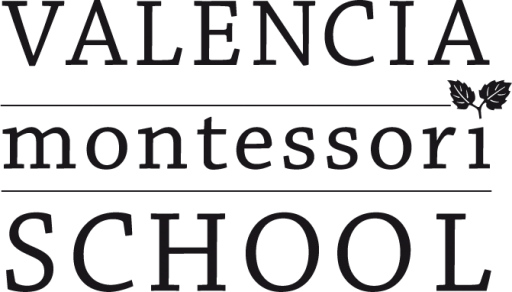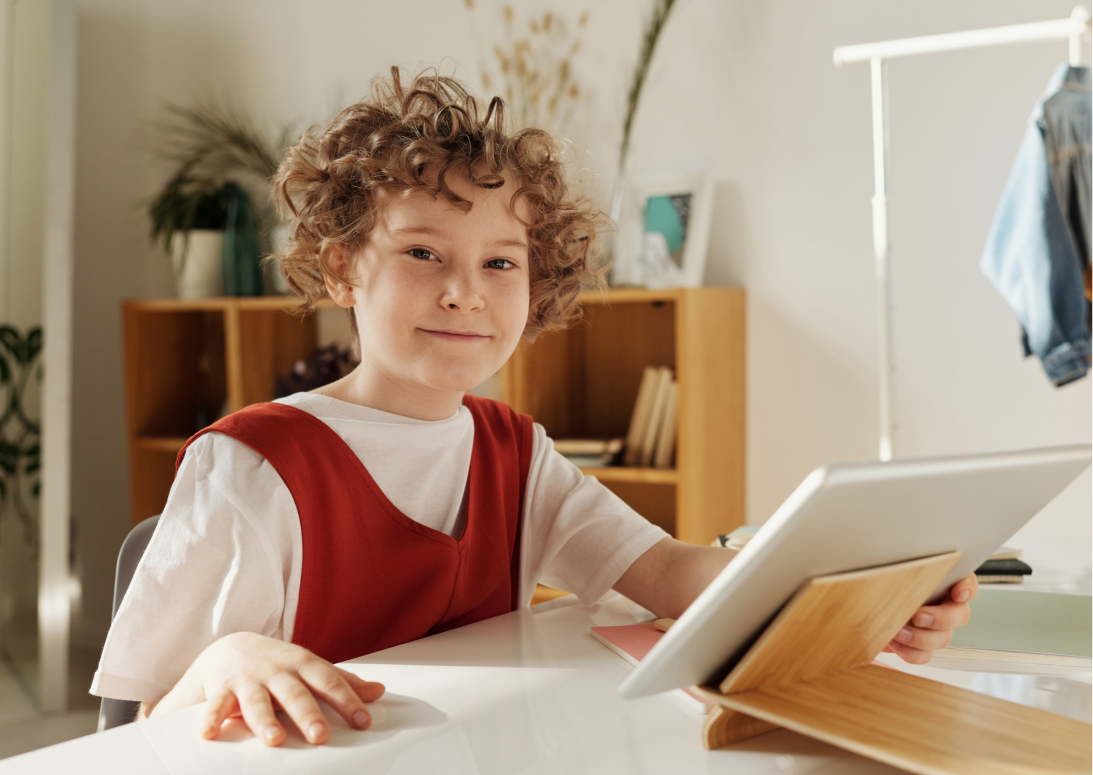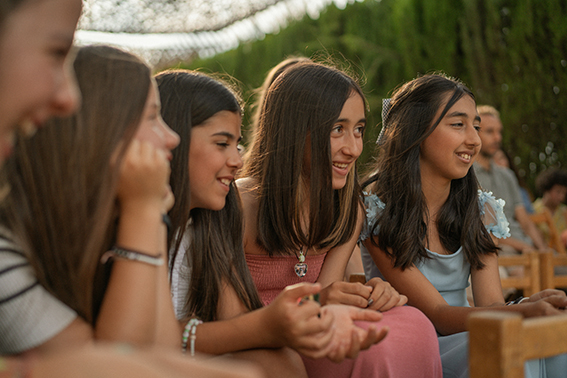The Montessori Method is an educational philosophy that focuses on the child and his or her innate ability to learn. This methodology is based on observation, freedom and autonomy of the child, allowing them to explore the world naturally and at their own pace. In this article, we will explore in depth the fundamental principles of the Montessori Method and how they are applied in education.
Introduction
Education is an essential part of any child’s development. However, the traditional education system often fails to meet the individual needs of each child. This is why the Montessori Method was born, which proposes an education centred on the child and his or her ability to learn.
What is the Montessori Method?
The Montessori Method is an educational philosophy based on observation and respect for the natural development of the child. It was developed by the Italian educator Maria Montessori in the early 20th century and has been used successfully all over the world ever since.
Fundamental principles of the Montessori Method
The fundamental principles of the Montessori Method are:
Freedom and autonomy
Through this educational model it is recommended that children should have the freedom and autonomy to explore the world at their own pace. This means that children have the right to choose their own activities and to work on them for as long as they wish.
Prepared environment
The prepared environment is a physical space designed to meet the needs of the child. This environment includes educational materials appropriate to the child’s age and development, and is designed to encourage independence and exploration.
Observation
Observation is a fundamental part of the Montessori Method. Educators must observe children to understand their needs and level of development, and adapt the environment and activities accordingly.
Learning by doing
Learning by doing is an approach that is based on experience and experimentation. In the Montessori Method, children learn by doing, manipulating and experimenting with educational materials.
How is the Montessori Method applied in education?
The Montessori Method is applied in education in several ways:
Mixed-age groups
One of the most characteristic aspects of this educational model is that children of different ages work together in the same environment. This encourages collaborative learning and allows children to help each other.
Educational materials
Educational materials are designed to be manipulated by the children and encourage exploration and hands-on learning. These materials include puzzles, blocks, letters, numbers, and everyday objects.
Educators
Educators act as guides, observing the children and adapting the environment and activities accordingly. The educator does not direct the activity, but rather guides it.
Evaluation
Assessment is continuous and based on observation of the child. Educators constantly assess the child’s level of development and adapt activities accordingly. There are no grades or traditional tests.
Focus on process
The focus of this model is on the process of learning and not on the results. Children are free to explore and experiment, with no pressure to meet a specific goal.
Benefits of the Montessori Method
Encourages independence
The Method fosters independence and autonomy in children, allowing them to develop their own learning pace and make decisions.
Stimulates creativity
The focus on hands-on learning and exploration stimulates creativity and imagination in children.
Encourages collaborative learning
Mixed-age groups encourage collaborative learning and teamwork among children.
Develops social skills
Allows children to develop social and emotional skills, such as empathy, compassion and tolerance.
Conclusion
The Montessori Method is an educational philosophy that focuses on the child and his or her innate ability to learn. This methodology is based on observation, freedom and autonomy of the child, allowing them to explore the world naturally and at their own pace. The benefits of the Montessori Method include stimulating creativity, fostering independence, developing social skills and encouraging collaborative learning.
